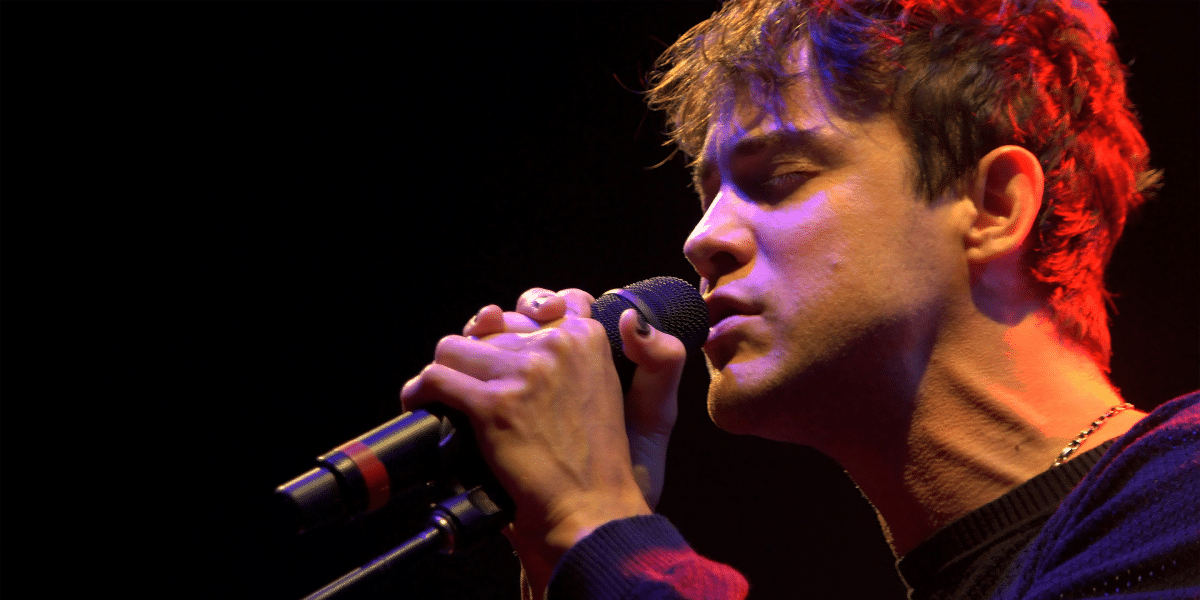“Traumatized people chronically feel unsafe inside their bodies. The past is alive in the form of gnawing interior discomfort. Their bodies are constantly bombarded by visceral warning signs, and, in an attempt to control these processes, they often become experts at ignoring their gut feelings and numbing awareness of what is played out inside. They learn to hide from their selves.”
– Bessel van der Kolk, The Body Keeps the Score
It is not uncommon to see many people in need of mental health support in every community. With time, elevated cases of people in need of well-being and mental services have been witnessed. There can be many factors leading to the disruption of one’s mental health, but little does one focus on the events a person encountered in their childhood that damaged their overall mental well-being. It is reported in the United States that about 34.8 million children (ages 0-17)—nearly half of the American children—are exposed to adverse childhood experiences (ACEs) that can severely harm their future health and welfare. Whereas child trauma is underestimated, it transpires more than we can imagine. About 61 percent of adults have reported having experienced some kind of trauma in their primary age. At the same time, more than two-thirds of children reported at least one traumatic event by age 16. Potentially traumatic events could be caused by racism, discrimination, neglect, physical abuse, sexual abuse, emotional abuse, accidents, or bullying/cyberbullying. Chaos or dysfunction in the home from parents or primary caregivers is often tied to their inability to successfully navigate through employment, education, legal, or medical ecosystems. Unfortunately, this can be a multigenerational issue, much of which is tied to structural inequalities in our institutions. Our society needs to take these conditions seriously if we are going to advance as a whole.
For adults, Professor DeCarlo suggests that traversing the identity development process can also be an insidious traumatic event for Black Americans. In his new book, The Culture of Education And Experiential Polemics, Dr. DeCarlo writes that “Black American’s humanity is precariously influenced by two hyphenated, existential struggles, both of which are capable of wreaking havoc on their psychological well-being. Those struggles are attempts to voluntarily abandon what it means to be Black and the psychosocial implications of being Black and abandoned.” These are powerful words describing a deep internal psychological struggle for many Black Americans that is no doubt a function of American institutional inequities, many of which still exist today. Dr. DeCarlo cautions against seeing these struggles as a personal failure and encourages individuals to seek professional help from a highly culturally competent mental health professional to assist people in coming to terms with these experiences.
While technology has greatly modified the world into a different shape, adapting new ideas and visions daily, talking about mental health still seems taboo. American psychologist, clinical social worker, professor, and public intellectual Alonzo DeCarlo is highly attributed for his contributions to the community in diverse manners. He is professionally known for his pioneering work on the use of music in group psychotherapy with urban ethnic minority adolescents engaged in maladaptive aggressive behavior. He named the trailblazing technique “Rap Therapy” in 1999 in Detroit, Michigan, which was later extended cross-culturally to youth and adolescents internationally. Following his method, DeCarlo is also known for publishing notable empirical and theoretical studies. Apart from RAP Therapy, he is known for making great contributions to behavioral sciences by innovating new terms like Traumatic Experiential Acute Response State (TEARS) in children and Milieu Incongruence in adolescents. He also created the concept of Opprejudice and a new meaning for digital drugs.
DeCarlo was born in Detroit, Michigan. During his high school years, he enjoyed football, basketball, track, and acting. While in his teenage years, he developed a remarkable set of ideas about the fundamental truths of behavior. He was given the nickname “the philosopher” in high school owing to his deep study and appreciation of philosophy and mythology. DeCarlo completed his Bachelors of Arts degree from Wayne State University and later completed his Master of Social Work degree from the same institution. He then enrolled at the University of Toledo, where he completed his M.A. and Ph.D. in Developmental Psychology. He worked as a psychotherapist during college. He also actively participated in acting and performing stage plays during his undergraduate and graduate school years.
DeCarlo’s initial career began in state and federal law enforcement, where he served for a decade. Later on, he left law enforcement and worked as a psychotherapist. DeCarlo, throughout his professional career, served as a system thinker along with a broad approach and high-end skills in coaching educational leaders. Providing them with long-term strategic navigations for institutions. He has collected immense experience in accreditation processes with the Southern Association of Colleges and Schools (SACS) and the Higher Learning Commission (HLC) as a university accreditation liaison officer and peer reviewer. He was a recipient of multimillion-dollar grants from the National Science Foundation. DeCarlo has also authored several graduate and undergraduate programs. His leadership in academia spans the range of associate through doctoral degree-granting institutions of higher learning. With teaching and leadership experience at Historically Black Universities and Colleges (HBCU), Predominantly White Institutions (PWI), and Catholic Universities, DeCarlo has amassed an extraordinary repertoire of experience in the academic enterprise.

Apart from this, Carlo has authored several studies regarding his ground-breaking technique. Some of which are “The Culture of Education and Experiential Polemics.” AuthorHouse, 2021, A reason for reasonable doubt in social justice: The weight of poverty, race, and gender in lopsided homicide case clearances outcomes.” Contemporary Social Science 11, no. 4 2016, “The rise and call of group rap therapy: A critical analysis from its creator.” Group Analysis 46, no. 2 (2013), “Trauma and violence in childhood: A US perspective.” Psychiatric Times 20.









